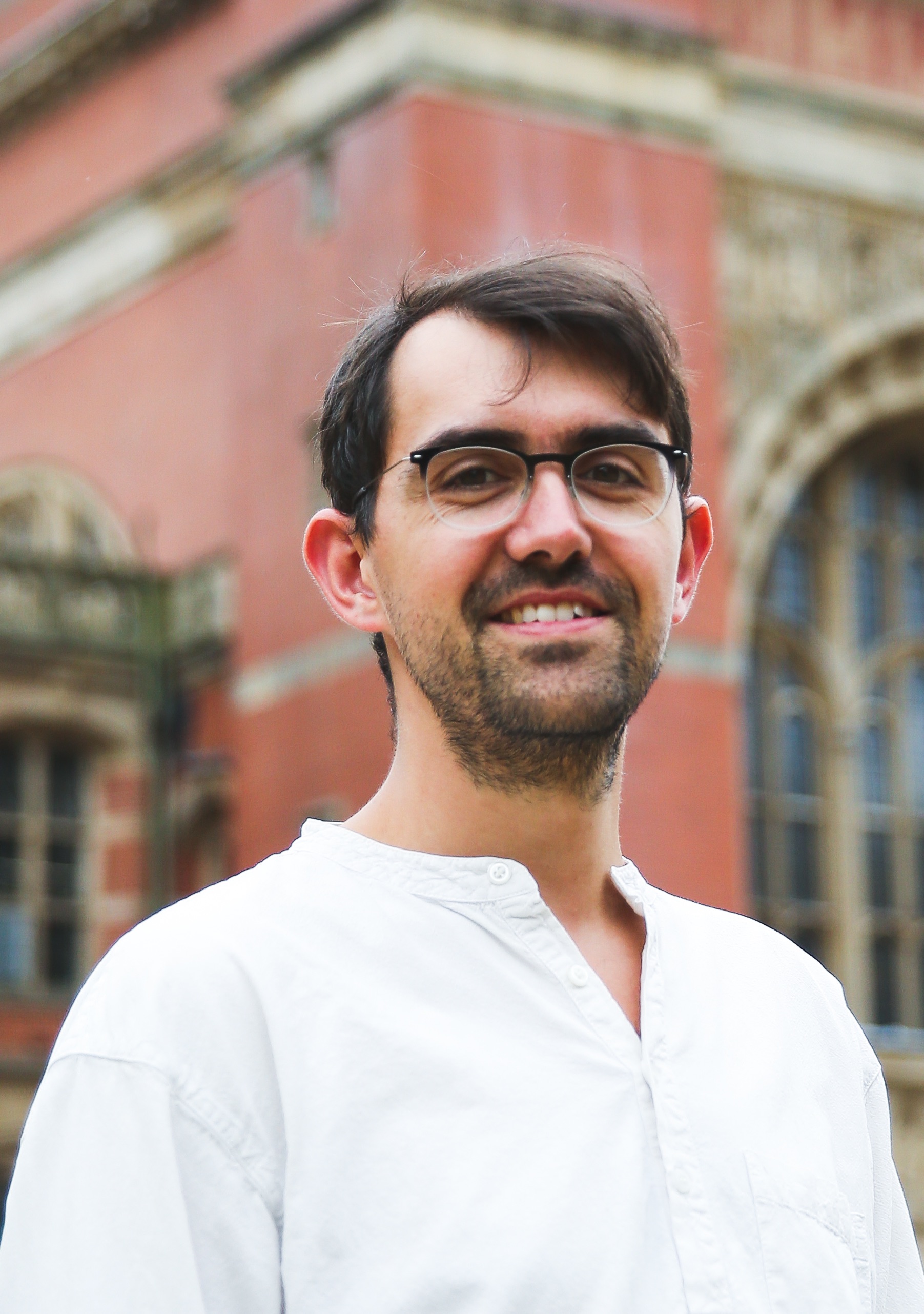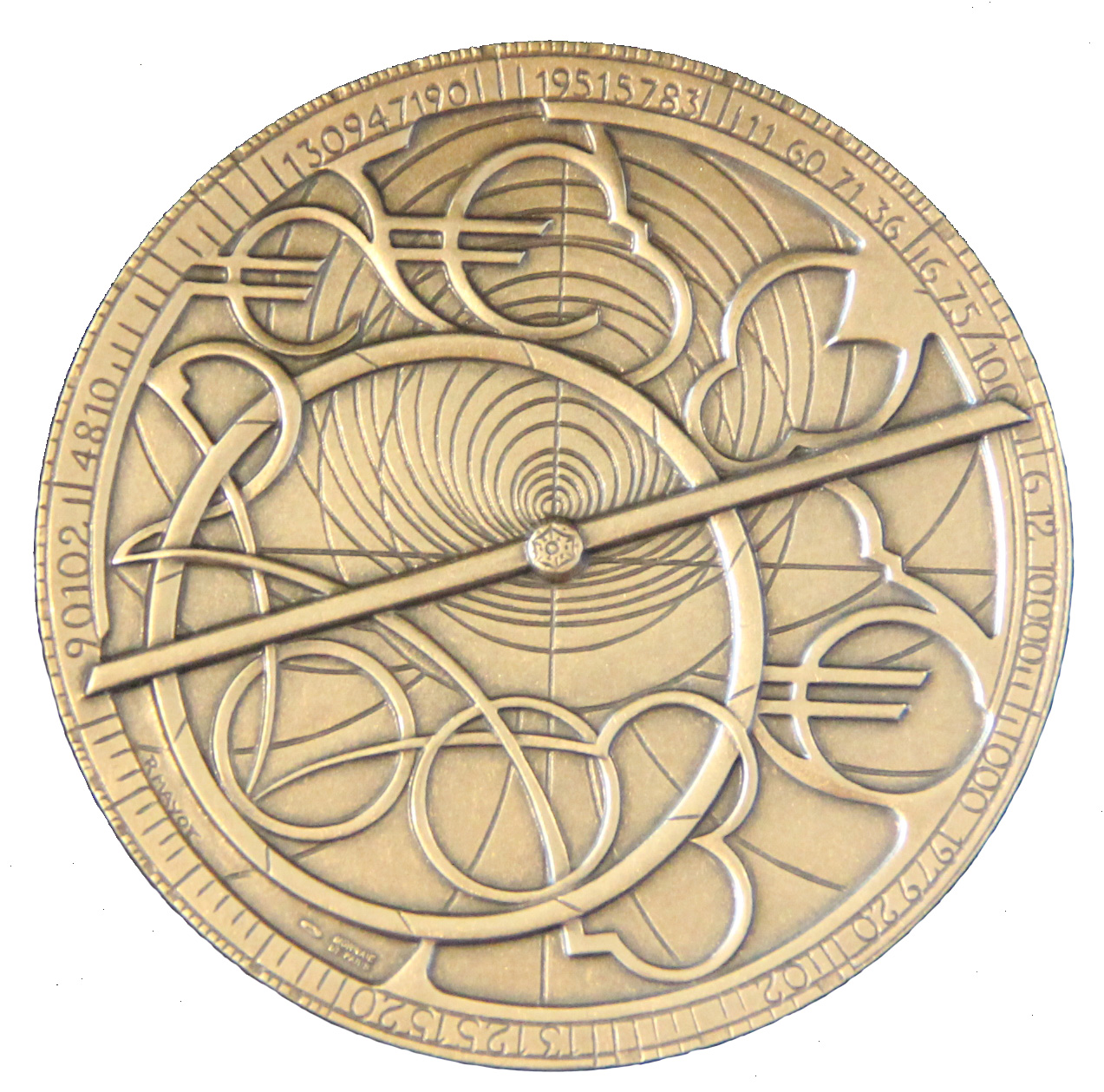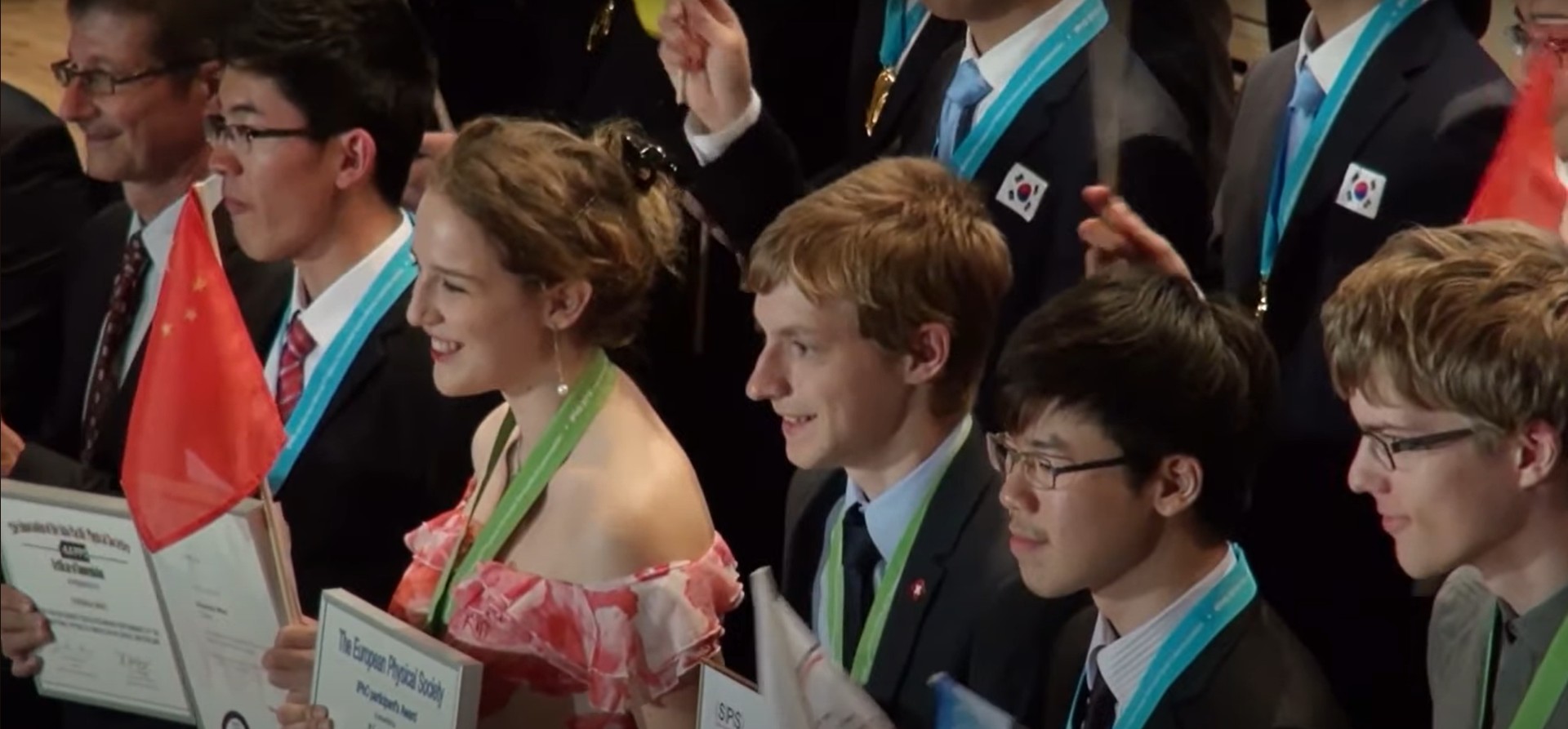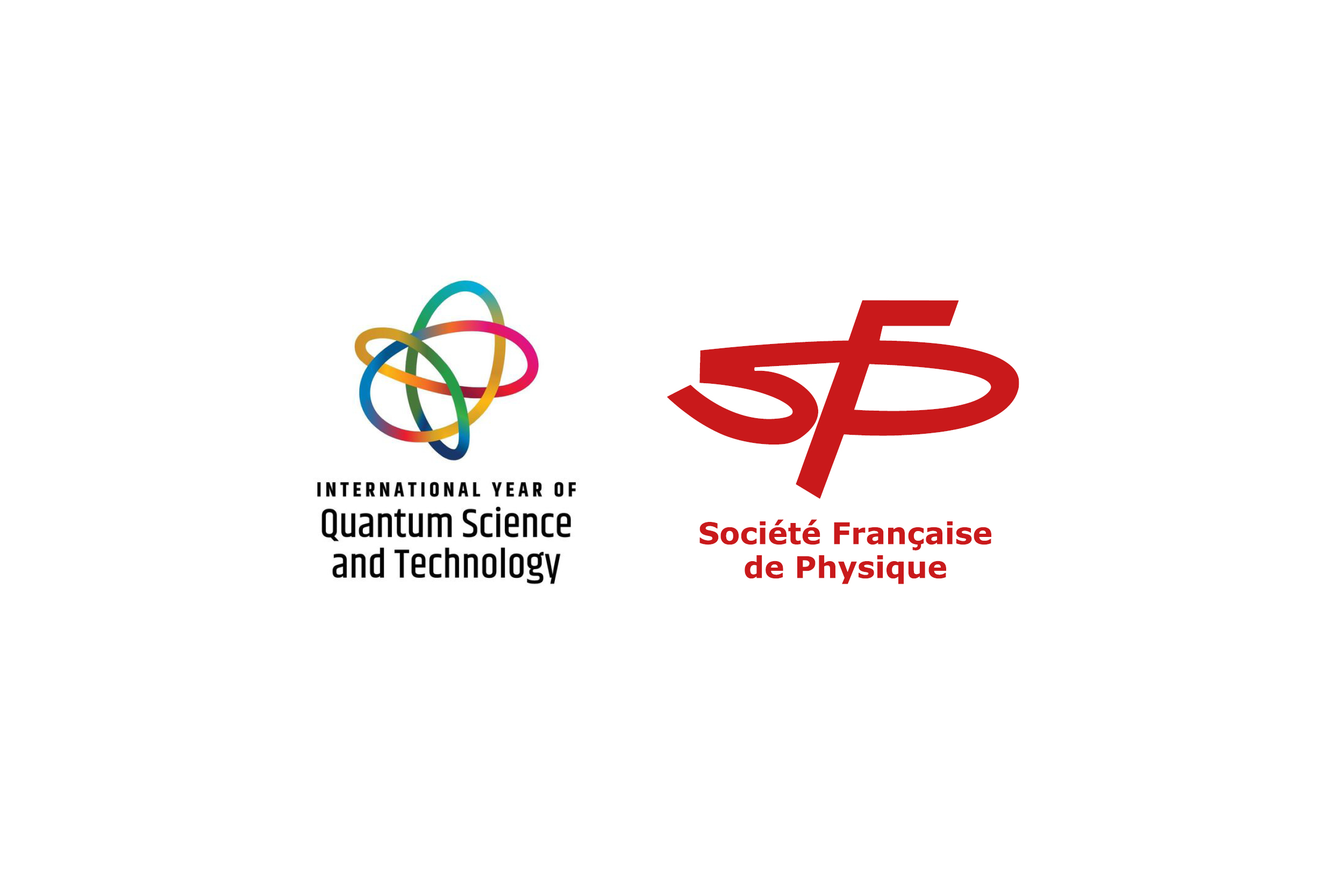The IOP-SFP 2023 Holweck Prize awarded to Amaury Triaud
 |
Amaury Triaud’s research is related to two fundamental questions: how do planets form, and how frequently is biology present on other planets? Amaury has been in the vanguard of international research to address both questions, the culmination of a decade of work on topics that are very challenging. In collaboration with the SPECULOOS consortium (and through its TRAPPIST prototype) Amaury has led ground-breaking studies of rocky exoplanets orbiting ultra-cool dwarfs, the coldest and smallest stars in our Galaxy. These systems provide optimal conditions to study the chemical atmospheric composition of temperate rocky worlds, including the detection of biological processes. In addition, these ultra-cool dwarfs are the most common stars in the Galaxy; their planets are therefore likely the most common and representative outcomes of planet formation. Planet formation is expected to scale with the central star’s mass. Being ten-times less massive than the Sun, these planet hosts provide the first opportunity to study the physics of planet formation over one order of magnitude. |
Amaury proposed a proof-of-concept in 2013, which eventually led to the detection of the famous TRAPPIST-1 system, host to seven rocky temperate worlds; the establishment of the SPECULOOS network of telescopes, including one purchased by Birmingham thanks to Amaury’s efforts; and finally, the first discovery of the network, produced by the working group he leads within the collaboration. He also showed these planets can be used to study geophysical processes, such as the onset of plate tectonics.
Meanwhile, Amaury laid out how the study of circumbinary exoplanets – that orbit around both stars of a binary system – provide a unique means to control certain important physical processes behind planet formation [6]. Because of their unique orbital properties, circumbinary exoplanets are over-represented amongst temperate worlds. This work was followed by a prototype survey, and finally by the first detection and the first discovery of the project earlier this year.
What distinguishes his programme from other studies in this area is the use of cheaper and more accessible ground-based telescopes, opening the door to a rapid expansion of this field.
Amaury has a long track record of innovative and thorough astrophysical investigations including regularly initiating innovative pathways. No other team has detected circumbinary planets from the ground. No other team has detected temperate Earth-sized planets whose atmospheres are characterizable with the JWST. This approach to research means Amaury’s papers are influential.
The Holweck Prize
 |
This award was instituted in 1945, jointly by the French and British Physical Societies as a memorial to Fernand Holweck, Director of the Curie Laboratory of the Radium Institute in Paris, who was tortured and killed by the Gestapo during the occupation of France 1940-44. The award is made in alternate years by the Councils of one of the two societies to a physicist selected from a list of nominees submitted by the other. The prize distinguishes exceptional work in any aspect of physics that is ongoing or has been carried out within the 10 years preceding the award. The SFP and the IOP are proud to announce the 2020 award.
|
List of Holweck laureates
Article posté le 08/01/2024


